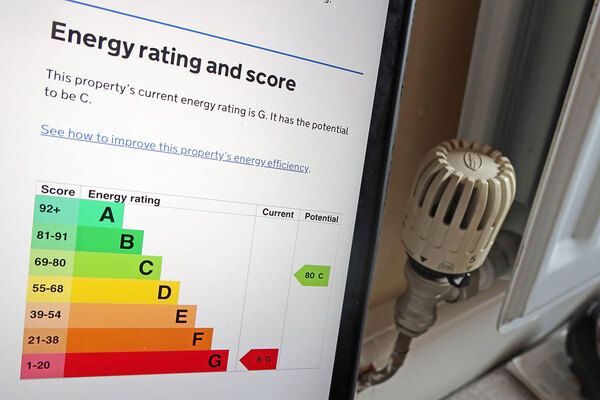You are viewing 1 of your 1 free articles
Social landlords can do more with less
Housing associations can overcome financial challenges by charging for extra services and through better targeting of maintenance programmes, says Andrew Carlin
Much is made of the way in which financial challenges have had a negative impact on social landlords – but what of the positives?
Reduced government funding, the 1% rent cut and uncertainties brought by Brexit are all factors that have led more and more housing associations to re-examine their businesses. That in itself is no bad thing if it drives greater efficiency.
As part of an effort to cut operating costs, we’re beginning to see the phasing out of what I’d describe as ‘gold-plated’ services as standard, with landlords looking to sell current service levels to those who can afford to pay.
Now I can imagine such a trend could attract negative headlines. But it’s really just an example of how landlords are taking a closer look at operations and realising it’s possible to deliver high quality services while reducing costs.
“Landlords are realising it’s possible to deliver high quality services while reducing costs.”
Take repairs as an example. If you’re an owner-occupier in need of a plumber, you can expect to wait up to three days for someone to come out unless it’s an emergency. Under the Landlord and Tenant Act, housing associations have up to 72 hours to respond to non-emergency repairs for their tenants, but most respond within eight hours to a day.
That ‘platinum’ service brings with it significant additional costs and it’s unnecessary. Why not offer a service that’s well within the statute time and charge those who want a premium service?
The same can be said of many other service areas and things are changing.
I’ve worked with a number of landlords on asset management and some are now realising that their planned maintenance programmes can be reconfigured without affecting quality.
For example, why have a programme where you automatically change windows and kitchens every 10 years regardless of their condition? A more nuanced approach can ensure tenants’ homes are well maintained and deliver substantial savings in the process. It’s calculated, measured reduction in service quality.
As this shift in service provision evolves over the coming years, we will see housing associations redefining their roles and the landlord of the future could look very different. It’s a theme that will be explored at PfH Live at Housing 2017.
The introduction of the efficiency scorecard is enabling landlords to come to terms with the true cost of delivering additional interventions. Initiatives such as community transport projects and job clubs may be scaled back or closed as a result.
A number are coming to the conclusion that the additional cost isn’t recovered in the value they deliver. As a result of this changing environment, some landlords are going back to basics. For example, Gentoo is getting rid of the construction part of its business to become purely a landlord again.
Like other social landlords, it will never walk away from its socially conscious objectives – but this new world of financial pressures will fundamentally change the size of their offer. Many will strip back their business and go back to becoming property management organisations.
“Those who do not run a tight ship are more likely to run into difficulties.”
But those who do not run a tight ship are more likely to run into difficulties and that in turn could have a detrimental affect on the quality of their core services.
In that context, changes like slower response times for non-emergency repairs seem like minor inconveniences.
In some parts of the country, unscrupulous private landlords are dominating the mainstream rental market. That’s why it’s vital that housing associations re-examine their service offer as part of a strategic review of their business.
That way they will be better able to protect their social purpose amid current economic and political pressures and extend the benefits of good quality, genuinely affordable housing in the process.
Andrew Carlin, commercial director, Procurement for Housing










